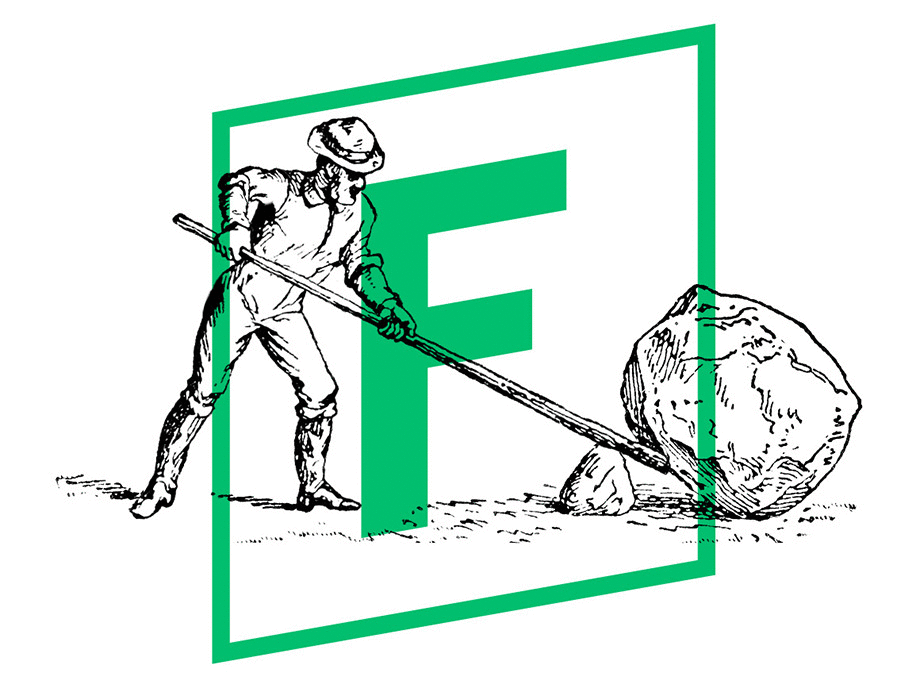
Crawling Before Walking: Mastering Fundamentals is Key to Future Performance
Everyone knows that you have to crawl before you can walk.
But this isn’t just a maxim for babies. In fact, the underlying notion is applicable to almost any skill or knowledge base. Whether it’s shooting a basketball, painting a portrait or solving a math equation, success largely depends on one’s mastery of the fundamentals.
Practical Fundamentals
We’ve all experienced this in practice. For example, in math class, we learn to add numbers before we multiply or divide them. In driving school, we learn to accelerate and brake before we parallel park. And in reading, we learn the alphabet and phonetics before we read words. In each instance, the fundamentals served as critical building blocks to advancement and understanding.
Brain Hierarchy – Complex Thought Built From Fundamentals
As is so often the case, the reason we experience this building block effect is because it is how the brain is designed to learn. Essentially, the brain forms complex thoughts based on a hierarchy of other, less complex, pieces of information.
In fact, fMRI research shows that different regions of the brain interact through a hierarchical, chain-like scaffold. This network integrates specialized, disparate neural clusters (information stored in various parts of the brain as memory) together to form the basis of complex cognitive functions like abstract thought, learning and consciousness.
Without the fundamentals in place, the brain can’t perform more complex functions. Building on the reading example above, the brain integrates its knowledge of the alphabet, phonetics and individual word definitions, along with its practiced capability to read, to make meaning from the words, sentences and chapters of a book. If any piece of this fundamental hierarchy were missing, understanding the book would be next to impossible.
Fundamentals in Corporate Training
How have you seen this play out in the corporate training environment? You’ve probably witnessed learners who enter training wholly unprepared. How often have you seen these learners left behind because a one-size-fits-all approach doesn’t provide the opportunities for remediation that are necessary to develop lagging fundamentals?
This is one reason that more and more L&D departments are turning to personalized, adaptive learning technologies. These technologies help L&D deliver personalization at scale and allow leaners to move at a pace that’s appropriate for their knowledge and experience levels. For example, our platform leverages a competency-based approach wherein learners must master lower level concepts (fundamentals) before they can move on to higher-order learning, and they can spend as much time as necessary building these fundamentals.
In corporate training we’ve documented knowledge gains as a result as this approach, in one case a 38% increase. Additionally, the ability to shore up fundamentals is one reason that our “Steps to Success” college preparation course is our most popular educational offering and learners call it “life-changing.”
Your Experience With Fundamentals
How have “fundamentals” played a role in your personal learning or instructional experience? Do your learners have a good grasp of the necessary fundamentals for their job requirements? We’d love to connect and demonstrate how our platform helps build fundamentals and encourage high-order learning, reasoning and performance. Contact us directly to see a quick demo of Fulcrum’s capabilities in action.
